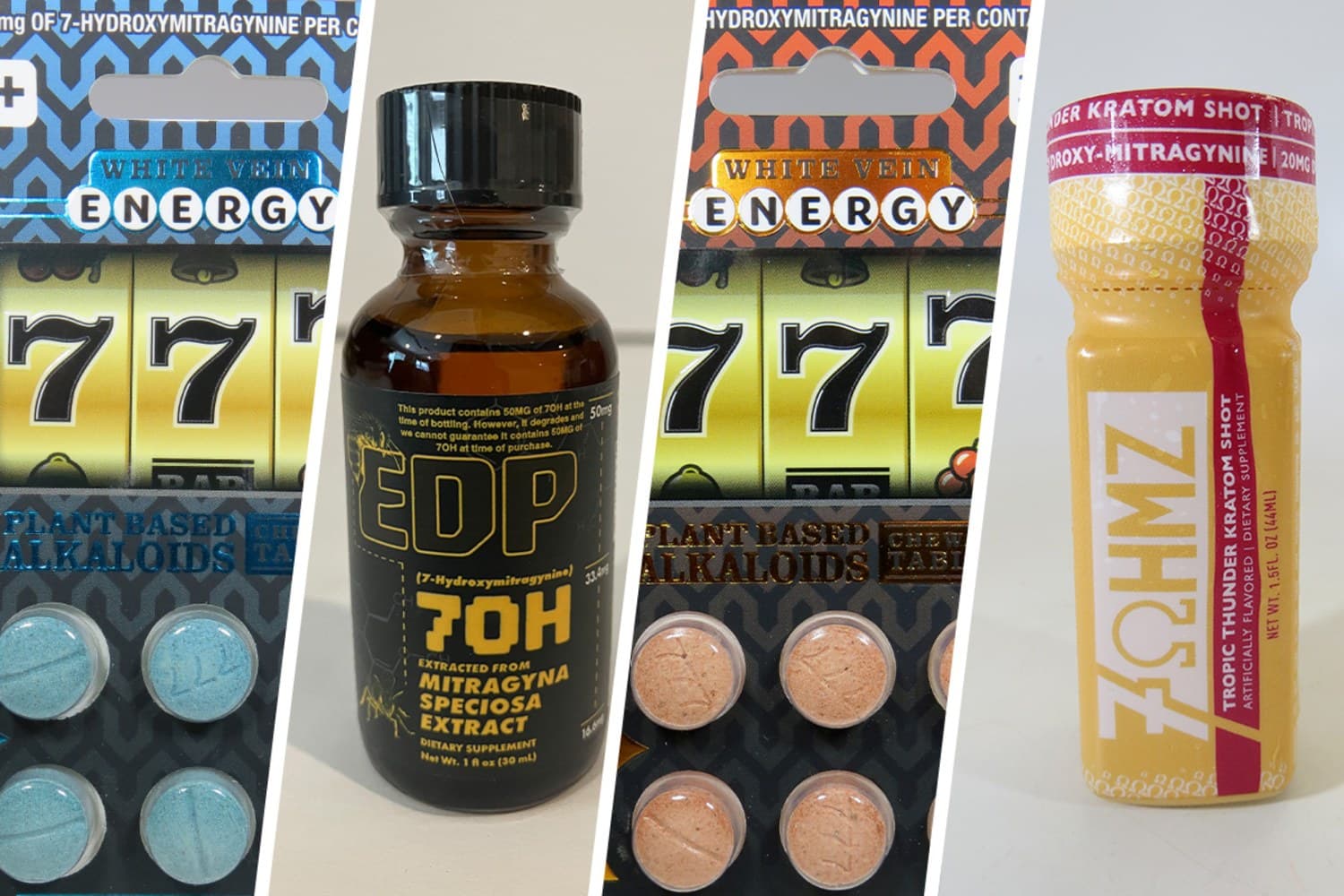FDA Recommends Schedule I Classification for 7-Hydroxymitragynine, Citing Opioid Potency

Washington D.C. – The U.S. Food and Drug Administration (FDA) formally recommended on July 29, 2025, that 7-hydroxymitragynine (7-OH), a concentrated byproduct of the kratom plant, be classified as a Schedule I controlled substance. This action targets potent, synthesized 7-OH products, which FDA officials describe as an "imminent threat" to public health and potentially more potent than morphine. The recommendation distinguishes these concentrated products from natural kratom leaf, which contains only trace amounts of 7-OH.
Health and Human Services Secretary Robert F. Kennedy Jr. emphasized the urgency of the move, stating, "Today, we’re taking action on 7-OH as a critical step in the fight against opioid addiction." FDA Commissioner Marty Makary, M.D., M.P.H., highlighted concerns over 7-OH’s availability in products appealing to youth, such as fruit-flavored gummies and ice cream cones, sold in vape shops and convenience stores. He noted that 7-OH binds to the mu opioid receptor, scientifically defining it as an opioid.
The Drug Enforcement Administration (DEA) will now review the FDA's recommendation, initiating a rulemaking process that includes a public comment period before any final scheduling decision. This marks the FDA’s second attempt to regulate kratom-related substances, following a withdrawn 2016 proposal to schedule both mitragynine and 7-OH due to widespread public opposition. This time, the agency explicitly states it is not targeting natural kratom leaf products.
The American Kratom Association (AKA) has voiced support for the FDA’s current approach, with senior fellow Mac Haddow stating, "These 7-OH products are not kratom. They are chemically altered substances that carry potent opioid-like effects and pose an imminent threat to consumers." However, the Foundation for Drug Policy Solutions expressed a contrasting view, stating in a recent tweet, > "Scheduling 7-OH while keeping kratom legal is a mistake. Don't let the kratom lobby win." This highlights a division in opinion regarding the regulatory distinction between 7-OH and the broader kratom plant.
Several states have already taken action, with Florida classifying isolated and concentrated 7-OH as a Schedule I controlled substance effective August 13, 2025. Utah, which banned products with over 2% 7-OH in 2019, is also considering further restrictions. These state-level measures underscore growing concerns over the unregulated sale of highly concentrated 7-OH products.